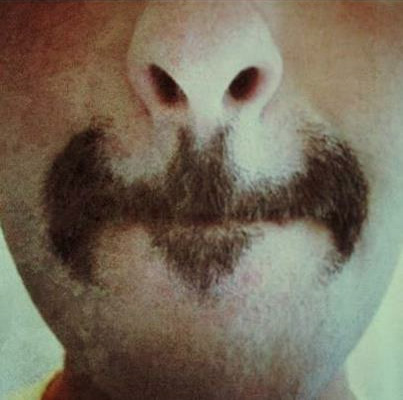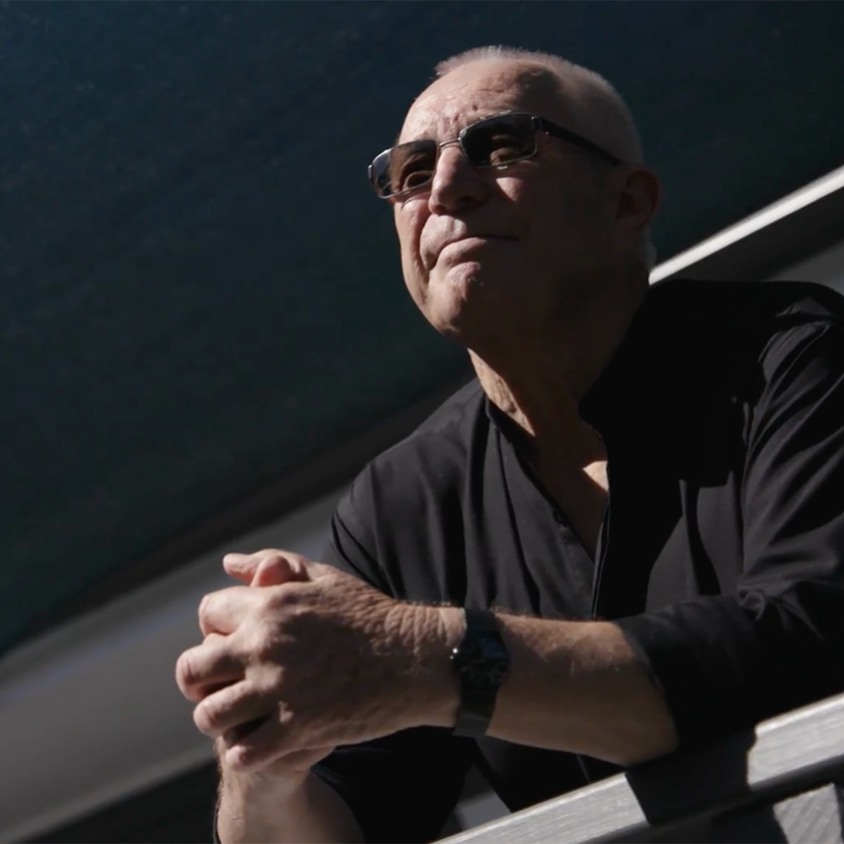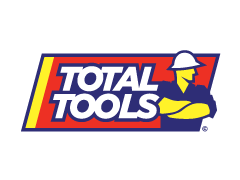Congratulations to The Institute for Urban Indigenous Health’s MomenTIM program, which was recognised last week as one of 30 finalists in the 2018 QLD Mental Health Week Achievement Awards.
Funded by the Movember Foundation, MomenTIM (Tomorrow’s Indigenous Men) was nominated in the newly launched Aboriginal and Torres Strait Islander Award category. The awards recognise and celebrate those individuals, groups and organisations working tirelessly to reduce stigma and support and empower those living with mental illness.
MomenTIM was developed to drive improvement in the mental health and well-being of young Indigenous men aged 12-25 years, through encouraging them to engage in strength-based conversations about being a man. Delivered by Indigenous men in the community, organisations and schools, MomenTIM covers modules including values and beliefs, identity, culture, self-care, mental health, healthy relationships and leadership.
MomenTIM’s Mental Health Regional Coordinator Charlie Jia said he was proud and humbled to see the program recognised as a finalist, with the nomination a testament to the hard work and dedication of those leading the charge on the ground in communities throughout regional and rural Queensland.
“It’s fantastic to see the work of MomenTIM acknowledged through these awards. The program focuses heavily on self-care education and empowers men by destigmatising mental health, changing what it means to be a man and reconnecting to identity, providing safe environments for young Aboriginal and Torres Strait Islander men to gather and have a conversation,” he said.
“Sadly, as the most marginalised community in Australia, with the highest rate of male suicides in the world, Indigenous communities continue to struggle with the intergenerational trauma of past discriminative practices.
“For Indigenous men, asking for help remains a sign of weakness. Our forefathers earned the respect of their peers and non-Indigenous peers by being tough, resilient and hard workers. Any sign of weakness, such as asking for help, had negative connotations and often lead to harassment, bullying, loss of employment and ultimately, poor mental health.”
In Moreton, Mt Isa and Wellington, approximately 160 Indigenous students attended weekly MomenTIM School Programs, and more than 600 men attended 16 MomenTIM community events and activities. Over the past 12 months, the program also saw a five-fold increase in Indigenous men who had undergone a mental health consultation.
To date, the program has contributed to an impressive 20 per cent increase in young Indigenous men accessing primary health care clinics, and a 12 per cent increase in young men who were up to date with their comprehensive health checks – rates higher than those of Indigenous women.

16 October 2018
30 finalists in the 2018 QLD Mental Health Week
MomenTIM mental health program named among Queensland's best
2 MIN READ










